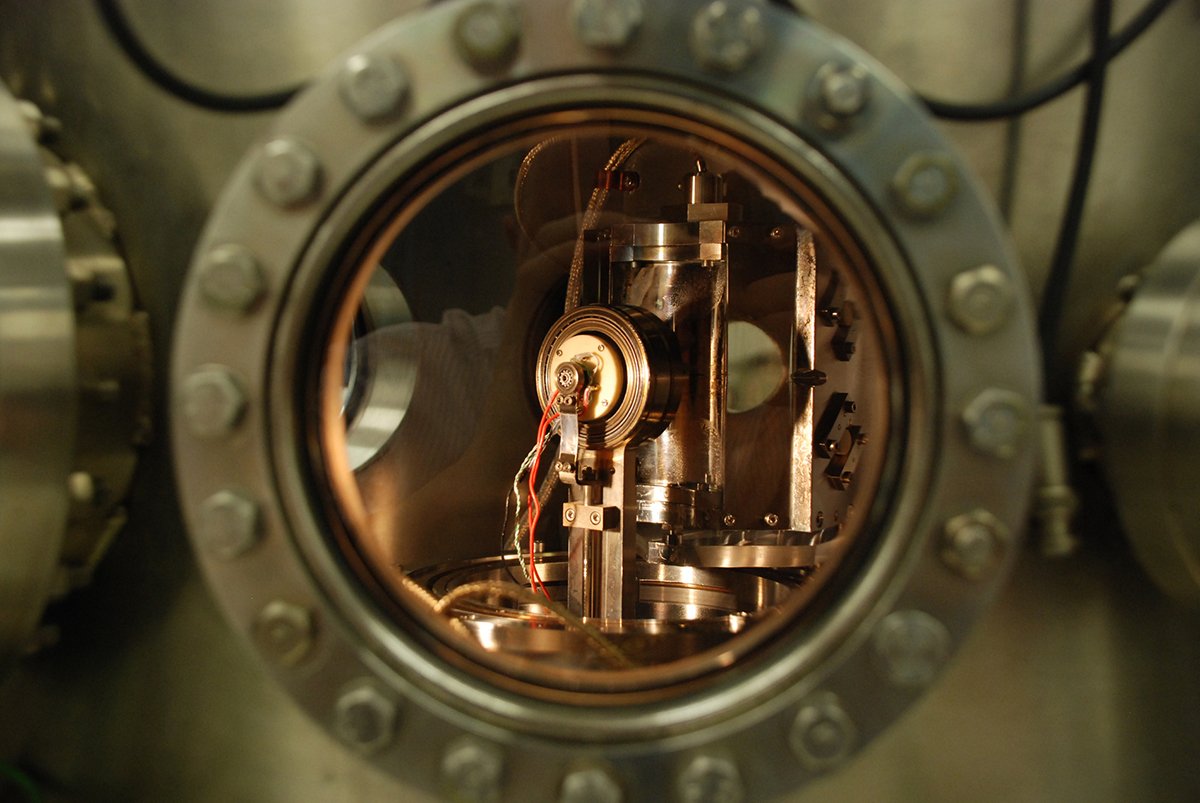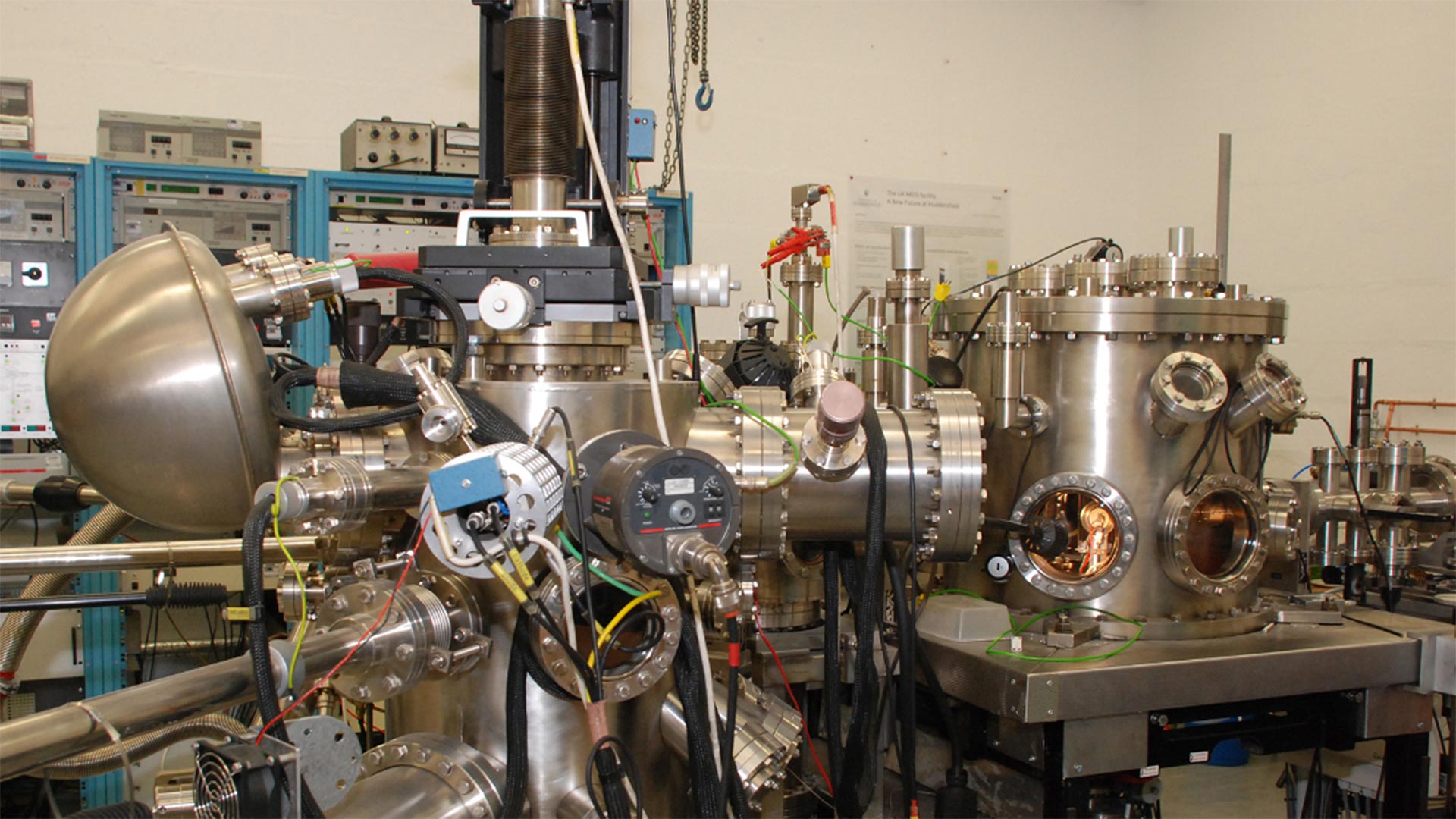UK’s Reliance Precision, a precision manufacturing company, and the University of Huddersfield have entered a new collaboration with funding from the technology accelerator Innovate UK.
The latest project will further develop electron beam additive manufacturing methods (EBAMM) for wider adoption in the industry. The metal additive manufacturing process has application in the production of medical implants and parts for the aerospace industry.

MEIS accelerator
At the University of Huddersfield’s Ion Beam Centre use of energetic particles is being explored for various industrial applications, such as radio frequency generation (RF), studying semiconductor materials, nuclear power generation and simulation of radiation damage in nuclear materials.
The Ion Beam Center is also home to the Microscopes and Ion Accelerators for Materials Investigations (MIAMI) and Medium Energy Ion Scattering (MEIS). The MEIS facility is part of the UK National Ion Beam Centre and is funded by UK’s Engineering and Physical Sciences Research Council (EPSRC).
The MEIS accelerator at the facility is an ion spectrometer which enables investigation of properties and surface structure of crystalline and non-crystalline materials. Currently, there are only less than ten MEIS accelerators in the world.
Previously, University of Huddersfield researchers worked to develop a universal language for additive manufacturing.

Electron beam additive manufacturing methods
Professor Jaap Van Den Berg, who is in charge of the MEIS facility, is an expert in pulsed laser deposition for manufacturing thin films. He has previously worked with Reliance on a project called Reliable Additive Manufacturing technology offering higher Productivity and Performance (RAMP-UP). This program was funded by Innovate UK with a grant of £1.4 million.
The RAMP-UP project helped speed up the EBAMM 3D printing process by reducing the need for thermal pre-treatment of raw metal used in additive manufacturing.
Metal powders for SLS printing go through a thermal pre-treatment to make them processable using a laser beam. This includes degassing the metal powder in a vacuum. But since in EBAMM the material is melted in a vacuum, the need for pre-treatment of metal powder is greatly reduced. A patent for the technology under RAMP-UP has been applied for.
After the success of RAMP-UP project Innovate UK has awarded a further grant of £850,000 to the University of Huddersfield and Reliance Precision, bringing the total amount in EBAMM research to £2.25 million.
In a two-year-long project titled INSPIRE, both parties will work to eliminate altogether the pre-sintering process of raw metals used in EBAMM. Furthermore, the research will also enable the recycling of metal powders for use in EBAMM machines, reducing the cost of metal 3D printing.
Note: EBAM is a registered trademark of Sciaky and while the term is frequently used by organisations as an abbreviation of Electron Beam Additive Manufacturing the term Electron Beam Additive Manufacturing Methods (EBAMM) is used here to avoid confusion.
For more information on metal additive manufacturing, subscribe to our 3D printing newsletter and join us on Facebook and Twitter.
We also have a range of careers in the manufacturing industry. Visit our 3D Printing Jobs board to learn more.
Featured image shows inside view of the Medium Energy Ion Scattering accelerator at the University of Huddersfield. Image via University of Huddersfield.


